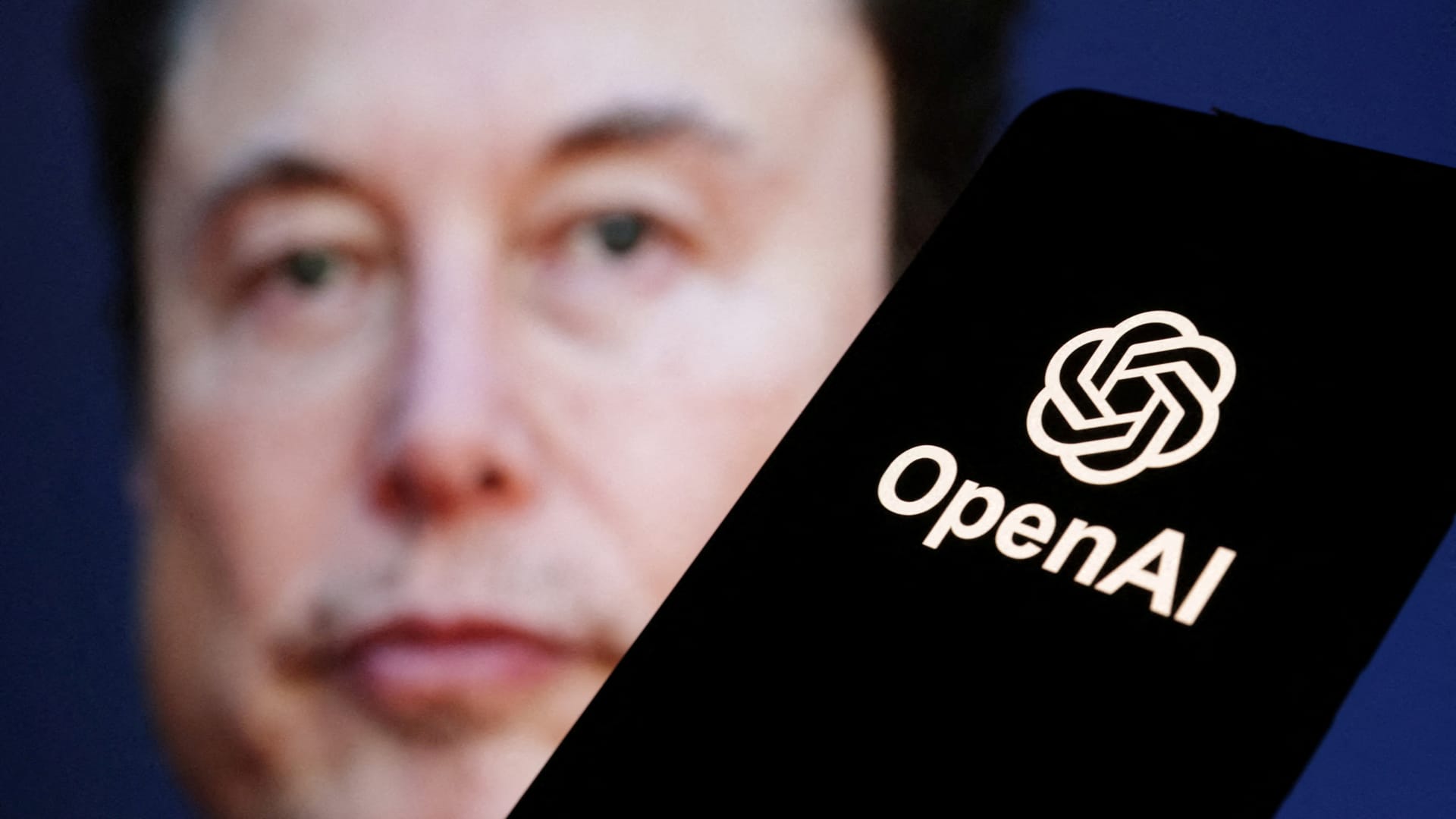Legal Experts Warn: Musk’s OpenAI Bid Hinges on Nonprofit Status
As discussions heat up surrounding Elon Musk’s potential bid for OpenAI, legal experts are stepping forward to caution that the outcome may largely depend on the organization’s nonprofit status. The implications of this decision could significantly reshape the future of artificial intelligence (AI) development and funding, impacting countless stakeholders from researchers to investors.
The Nonprofit Dilemma
OpenAI was founded as a nonprofit organization with the mission of ensuring that artificial general intelligence (AGI) benefits all of humanity. However, Musk’s interest in acquiring the organization raises critical questions about its operational structure. If Musk is to follow through with his acquisition, he may be compelled to reconsider OpenAI’s nonprofit model.
Legal analysts suggest that maintaining a nonprofit status would limit the financial returns that Musk, known for his for-profit ventures like Tesla and SpaceX, might expect. This potential mismatch in business philosophy could lead Musk to withdraw from the deal if OpenAI does not pivot towards a more commercially viable structure.
Financial Implications of Nonprofit Status
One of the core issues surrounding the acquisition is the financial implications of OpenAI’s nonprofit status. Nonprofits are typically restricted in how they can generate revenue and distribute profits. For Musk, whose business strategies often revolve around aggressive scaling and profit generation, this could present a fundamental conflict.
- Limited Revenue Streams: Nonprofits often rely on donations, grants, and public funding, which can be less predictable than the revenue models of for-profit companies.
- Investment Challenges: Attracting significant investments can be more difficult for nonprofits, which could stymie OpenAI’s growth and technological advancement under Musk’s leadership.
- Profit Distribution Restrictions: Nonprofits cannot distribute profits to shareholders, which may dissuade Musk from pursuing the acquisition if he views it as a poor investment opportunity.
Potential Outcomes of a Shift in Status
If Musk were to push for a shift to a for-profit model, the ramifications could extend beyond financial matters. A transition from nonprofit to for-profit could alter OpenAI’s mission and operational goals, potentially straying from its founding principles.
Experts outline several potential outcomes:
- Increased Investment: A for-profit model could attract venture capitalists and investors eager to fund AI initiatives, leading to accelerated innovation.
- Market Competition: Transitioning to a for-profit status could position OpenAI more competitively against other tech giants, fostering a race for AI supremacy.
- Ethical Considerations: The shift could raise ethical questions regarding the direction of AI research, especially if profit motives overshadow safety and ethical considerations.
The Ethical Landscape of AI Development
One of the primary concerns surrounding the potential transition to a for-profit model is the ethical landscape of AI development. Advocates for responsible AI emphasize that the pursuit of profits should not compromise the safety and ethical implications of AI technologies.
Legal experts stress the importance of maintaining a robust ethical framework within which AI operates. The debate centers around the following considerations:
- Accountability: Nonprofits are often seen as more accountable to the public, whereas for-profit entities may prioritize shareholder value over societal impact.
- Transparency: Ethical AI development requires transparency in methodologies and algorithms, a principle that could be jeopardized in a profit-driven environment.
- Public Trust: Maintaining public trust is crucial for the responsible development of AI. A shift to a for-profit model may lead to skepticism among users and stakeholders.
Challenges in the Acquisition Process
The acquisition process itself presents numerous challenges, particularly around the shifting landscape of regulation and governance in AI. As governments worldwide begin to enact stricter regulations on AI technologies, the implications of such rules could impact Musk’s plans for OpenAI.
Legal experts highlight several challenges that may arise:
- Regulatory Scrutiny: Increased scrutiny from regulatory bodies could complicate the acquisition process, especially if Musk intends to implement radical changes.
- Due Diligence: Comprehensive due diligence will be necessary to evaluate the legal implications of altering OpenAI’s nonprofit status.
- Stakeholder Reactions: The reactions of current stakeholders, including employees, donors, and partners, could influence the viability of the acquisition.
Stakeholder Perspectives
The perspectives of various stakeholders are crucial in this discussion. Employees and researchers within OpenAI may have differing views on the implications of a shift to a for-profit model. Additionally, the organization’s current donors and supporters might express concerns about the potential dilution of OpenAI’s original mission.
Some stakeholders may welcome the prospect of increased funding and resources that a for-profit model could bring, while others might prioritize the ethical implications and long-term vision of the organization. Engaging these stakeholders in meaningful dialogue will be essential to navigate the complexities of this potential acquisition.
The Future of AI Development
The outcome of Musk’s bid for OpenAI could have lasting implications for the broader AI landscape. If a shift towards a for-profit model occurs, it could trigger a wave of similar moves among other AI organizations, further blurring the lines between ethical considerations and profit motives.
Ultimately, the future of AI development may hinge on how well stakeholders can reconcile the pursuit of innovation with responsible and ethical practices. Whether Musk decides to proceed with the acquisition or withdraw based on OpenAI’s nonprofit status, the discussions surrounding this bid are likely to ignite broader conversations about the role of profit in AI advancement.
Conclusion
As we await further developments in Elon Musk’s potential acquisition of OpenAI, legal experts remain vigilant, warning that the organization’s nonprofit status is a critical factor in this equation. The stakes are high, and the outcomes could redefine the future of AI development, funding, and ethical considerations. The decisions made in this context will not only affect stakeholders directly involved but could also influence the trajectory of AI technology as a whole.
See more Future Tech Daily

